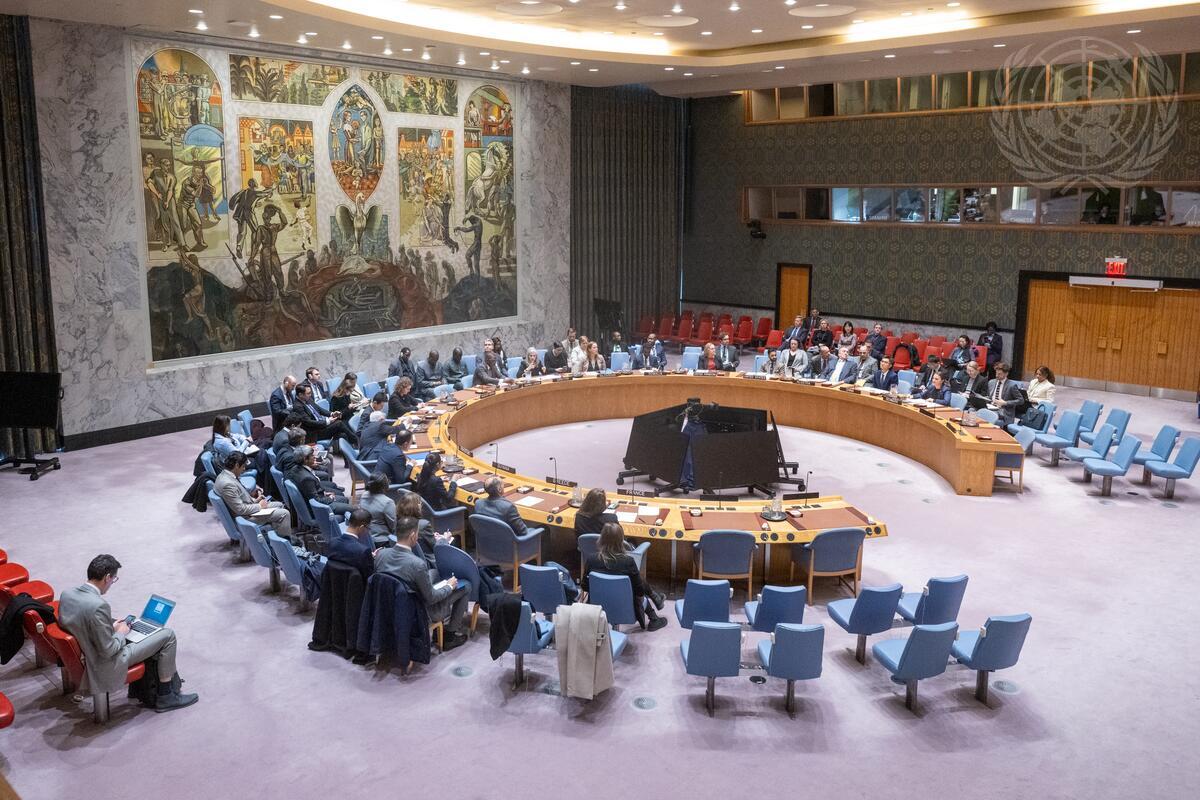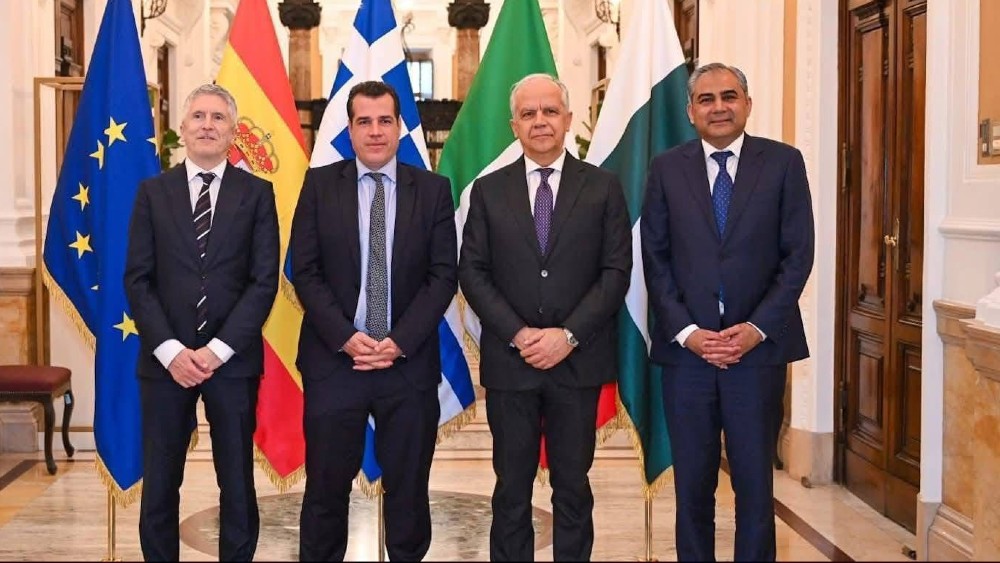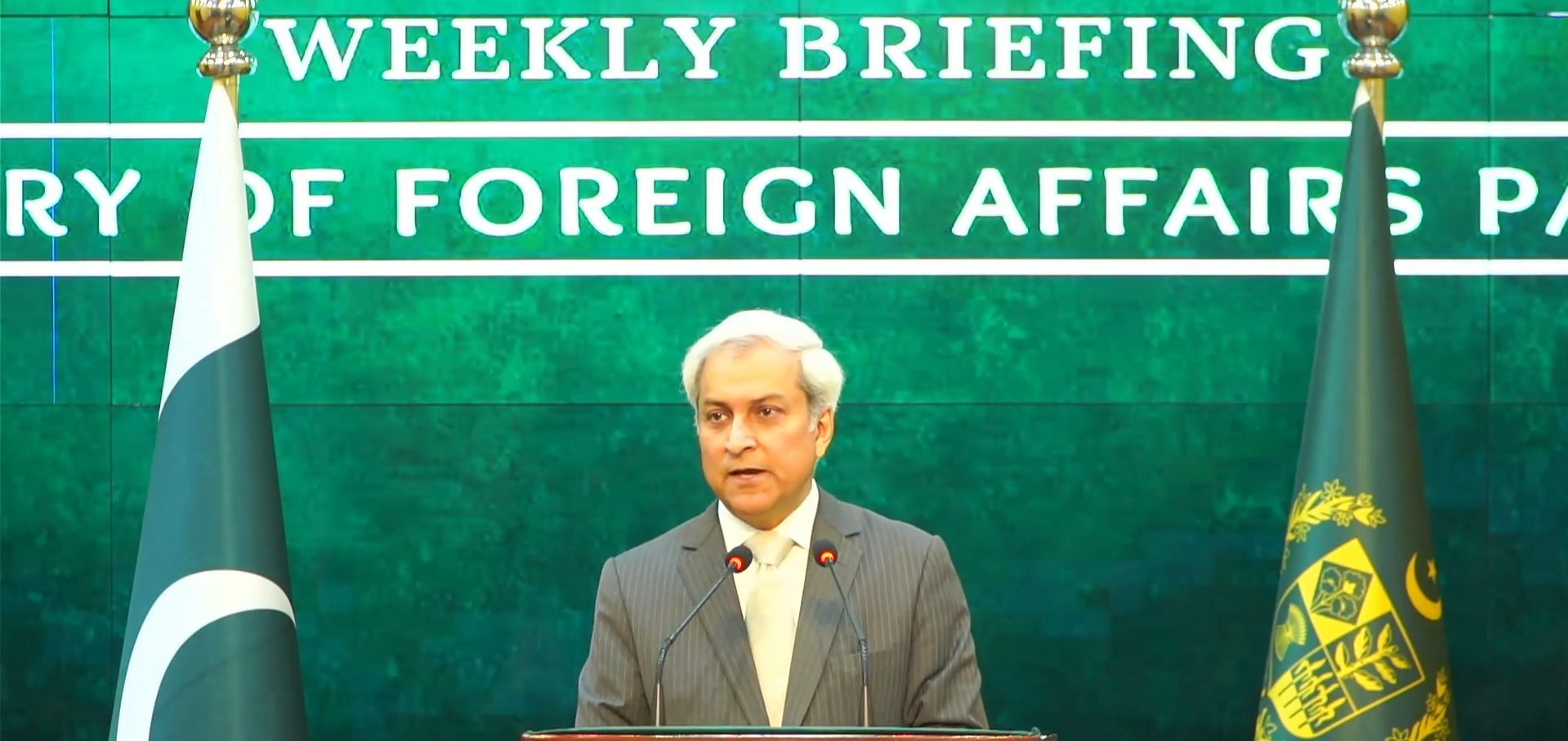UNITED NATIONS: The head of the United Nations Security Council’s 1267 al-Qaida sanctions committee on Wednesday warned of the “serious threat” posed by the Tehreek-e-Taliban Pakistan (TTP), saying the terrorist group has conducted numerous high-profile attacks in Pakistan from Afghan soil, “some of which incurred mass casualties.”
According to the Associated Press of Pakistan (APP), Ambassador Sandra Jensen Landi of Denmark, briefing the 15-member Security Council in her capacity as chair of the committee, said that "TTP, with its approximately 6,000 fighters, is another serious threat emanating from the region, receiving both logistical and substantial support from the de facto [Taliban] authorities.”
Her remarks came as the Council reviewed updates from the heads of three subsidiary bodies overseeing sanctions against Daesh and al-Qaida, United Nations counterterrorism efforts, and measures aimed at curbing the proliferation of weapons of mass destruction to non-state actors.
'Al-Qaida decimated largely due to Pakistan’s efforts'
Responding to the briefing, Pakistan’s Deputy Permanent Representative to the United Nations, Usman Jadoon, said Pakistan “has rendered invaluable sacrifices in its efforts to eradicate this menace,” citing more than 80,000 casualties and billions of dollars in economic losses. “Al-Qaida was decimated largely due to Pakistan’s efforts,” he said.
Jadoon said Pakistan’s “valiant security forces and law enforcement agencies continue to counter the terrorism threat emanating from Afghanistan, where entities like ISIL-K, TTP and its affiliates, BLA and its Majeed Brigade are thriving under the patronage of their hosts and backed by our principal adversary and net destabilizer in the region,” APP said.
He stressed that the 1267 Committee’s sanctions framework must “reflect ground realities,” adding that listing and delisting decisions should be taken “in a fair, transparent and judicious manner and without political considerations.”
Calling for a comprehensive approach, the Pakistani diplomat said the United Nations counterterrorism system “must also possess the necessary tools to designate violent, far-right, extreme right-wing, ultranationalist, xenophobic and Islamophobic groups around the world,” APP reported.
China’s representative echoed Pakistan’s concerns, urging committee members to support the listing of the Balochistan Liberation Army and its Majeed Brigade. Doing so, he said, would “send a strong signal of zero tolerance for terrorism.”
Council members noted that the threat of terrorism continues to evolve across regions, with armed groups increasingly exploiting modern technologies to expand operational reach and evade monitoring.





.jpg)